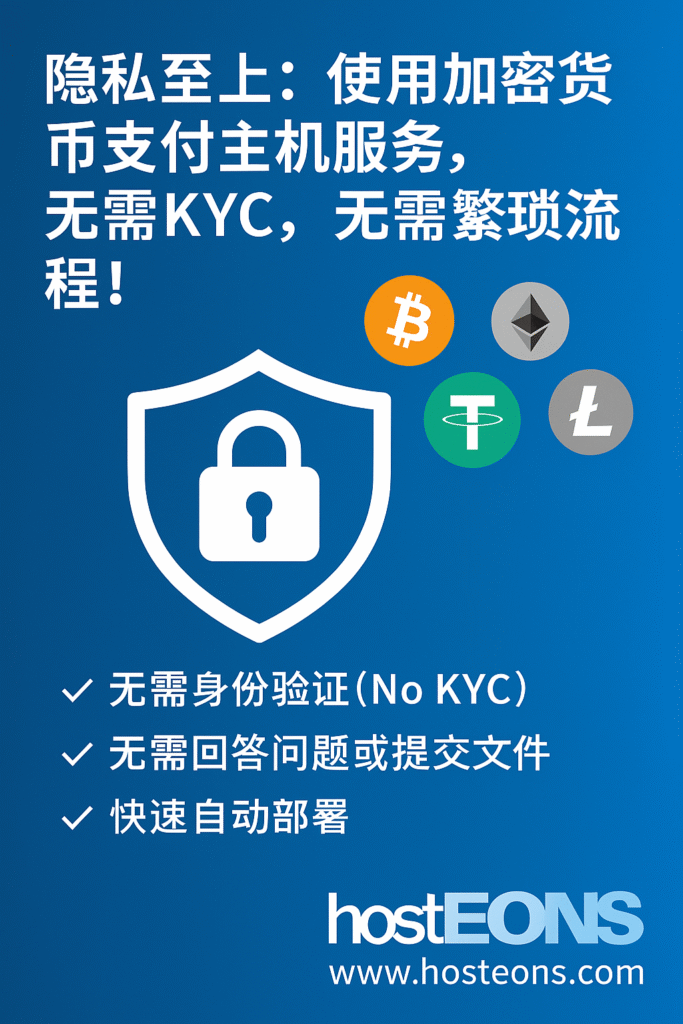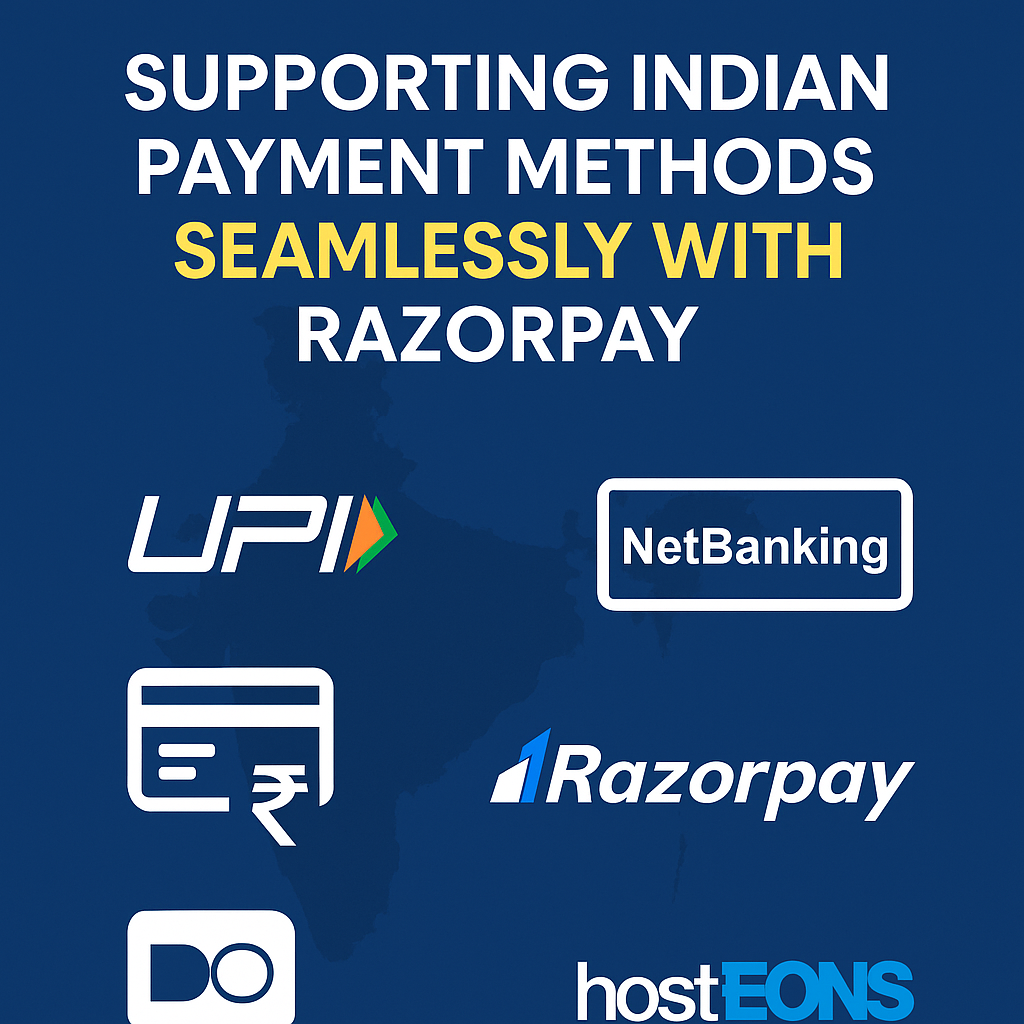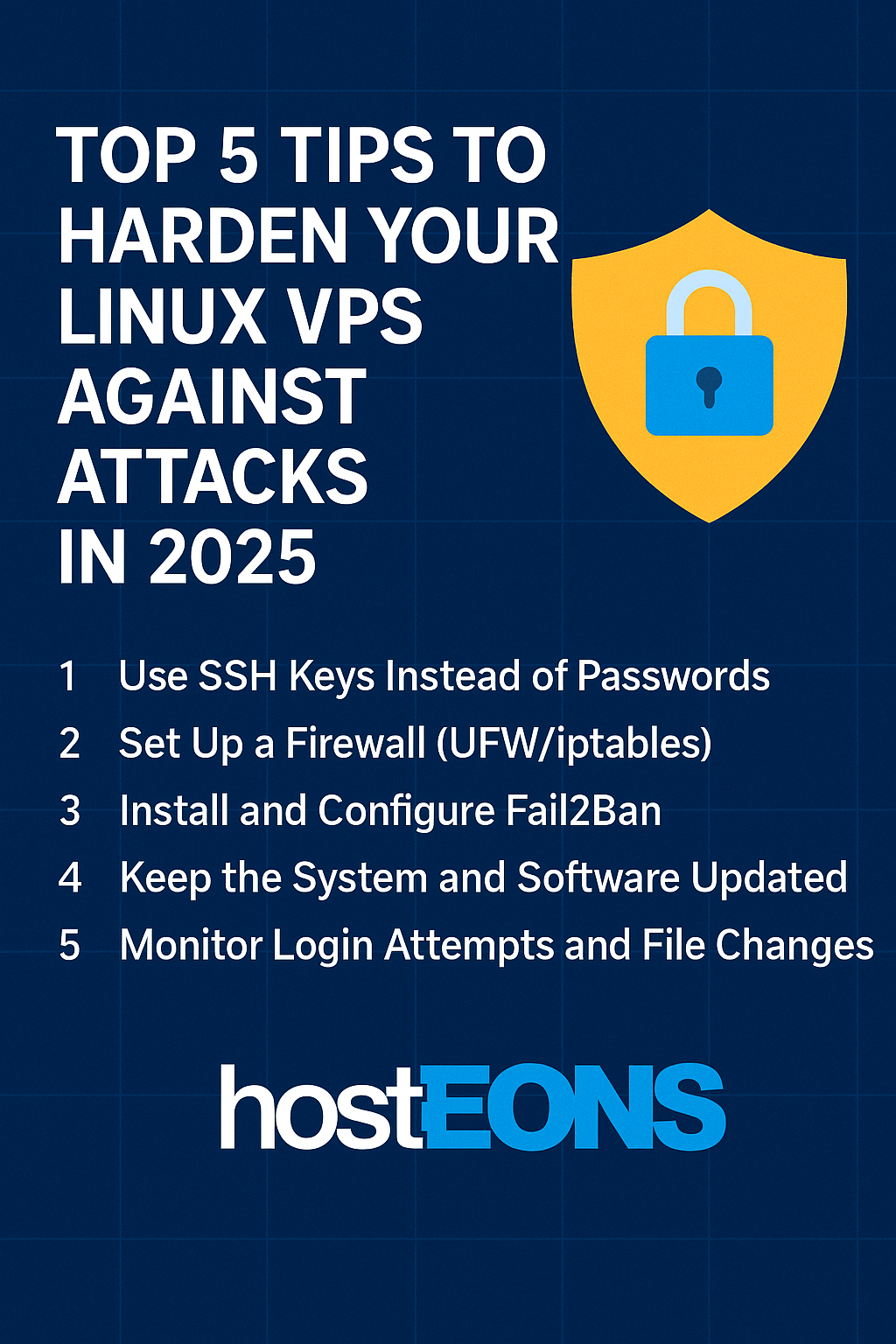
Online privacy is becoming more important than ever. Whether you’re a developer, business owner, or individual user, maintaining control over your identity and personal data is critical — especially in a world where surveillance, tracking, and data breaches are commonplace. One of the best ways to boost your privacy is by using cryptocurrency to pay for services like VPS or VDS hosting.
At HostEONS, we make anonymous hosting a reality. Here’s how.
Why Privacy Matters in Hosting
Most hosting providers require extensive personal details and perform strict verification checks, especially when payments are made through traditional gateways like credit cards or PayPal. For privacy-conscious users, that’s a red flag.
Common concerns include:
- Exposure of personal identity
- Data sharing with third parties
- Risk of account suspension based on regional or political factors
How Crypto Payments Help You Stay Anonymous
Cryptocurrency allows you to make payments without linking your name, address, or banking details. When combined with a privacy-focused host like HostEONS, crypto makes near-anonymous hosting possible.
✅ No KYC (Know Your Customer) Checks
We do not require KYC for orders paid via cryptocurrency. You don’t need to submit ID, documents, or undergo verification — just place your order and start using your VPS or VDS.
✅ Wide Range of Crypto Supported
We accept:
- Bitcoin (BTC)
- USDT (TRC20 & ERC20)
- Litecoin (LTC)
- Ethereum (ETH)
- Dogecoin (DOGE)
- and many others via our crypto gateways
✅ No Questions Asked
Paying with crypto? We won’t ask why or for whom. You stay in control of your privacy and purpose.
How to Host Anonymously with HostEONS
- Visit one of our product pages:
- Select your plan and choose “Cryptocurrency” at checkout.
- Pay using your preferred crypto wallet.
- Get your VPS/VDS provisioned instantly (in most cases) with no identity verification.
Combine Crypto with Secure Practices
Using crypto is only part of the solution. For truly anonymous hosting, follow these best practices:
- Use a secure, privacy-friendly email address
- Avoid using personal domains that link to your identity
- Secure your VPS with firewall rules, SSH keys, and fail2ban
- Use VPN or Tor when accessing your control panel
Ideal for Developers, Privacy Enthusiasts, and Freedom Seekers
Whether you’re:
- Running a private blog or forum
- Deploying a VPN or proxy server
- Hosting blockchain nodes or crypto projects
- Or just prefer not to share your data…
HostEONS makes it easy to stay anonymous and in control of your online presence.
Get Started Today
Ditch the paperwork. Protect your privacy. Host on your terms.
🔐 Pay with crypto. No KYC. No questions asked.
Start here → https://hosteons.com








